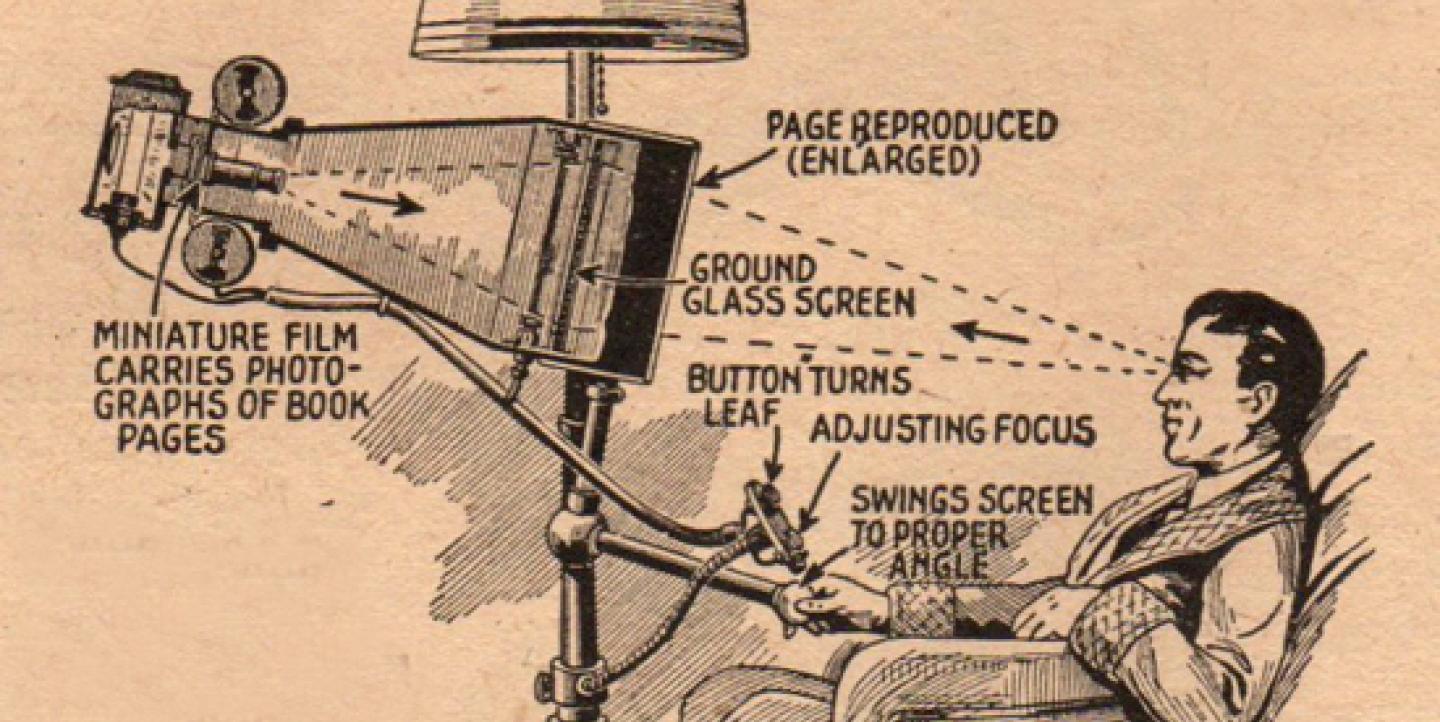That the news business is on shaky ground is obvious, but how to fix it is much less clear.
As newspapers close, news radio stations play peek-a-boo and the line of paywalls gets longer, cantankerous journo-observer Alan D. Mutter, a former editor and columnist who now works as a media consultant, makes a great point about why people who write for a living are making few contributions to understanding what the future of news will be.
The main problem?
Journalists are having one-sided conversations about their field. Instead of treating the topic like a good story -- gathering multiple points of view from the people concerned -- they're holding water-cooler chats about what to do next, with predictably myopic results.
"Those of us worried about the future of journalism need to understand today’s marketplace on its own terms," Mutter writes. "Instead of relying on seat-of-the pants intuition and wistful thinking, we need reliable research and objective data to come up with relevant new formats and forums for journalism."
Mutter points out that to get anywhere, discussions about journalism need to include the people who buy or consume media (the general public) the "other" people who make it (the tech folks) and the people who sell it or put money into it (marketing, advertising, investing.)
"To build next-gen journalism, we will need all the help we can get. And that means bringing many more players to the table than the usual suspects who turn up at most journo-futuramas."
A quick look at some panels from a few recent crystal-ball conferences prove his point, they're more monologues from journalists and editors than dialogues with the rest of the media ecosystem.
Via Reflections of a Newsosaur
Image: The book reader of the future (April, 1935 issue of Everyday Science and Mechanics) via Smithsonian.

